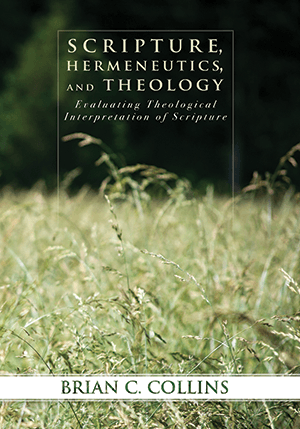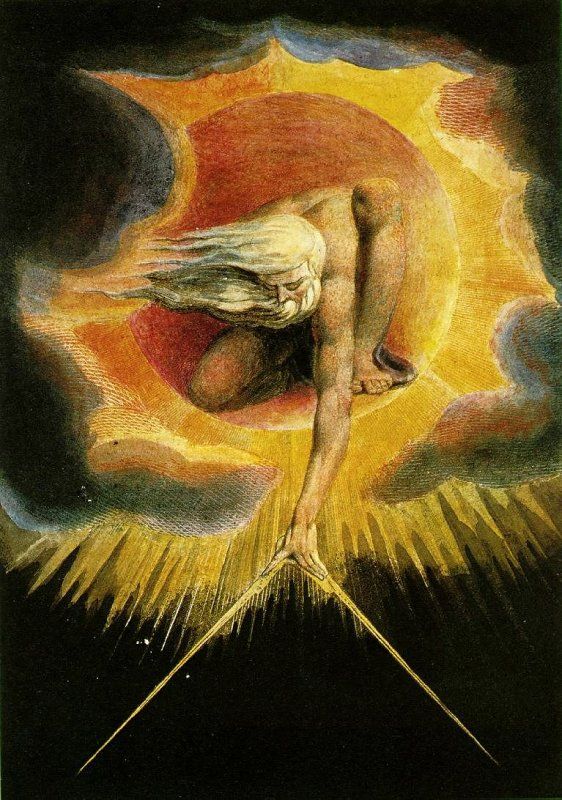
It is arguable that homosexuals face social and legal discrimination in Muslim-majority countries. As an example, one could point to the Penal Code of Malaysia which prohibits homosexual acts or “carnal intercourse against the order of nature.” In contrast, the public institutions in Western countries not only affirm the rights of homosexuals, but increasingly legislate public policies that promote homosexual practices. The recent court cases brought by homosexual activists against Christians in Western countries suggest the likely possibility that eventually Christians will be compelled to comply with public policies that promote homosexual practices. The conflicting views on homosexual practices between Western and Muslim-majority societies may well be irreconcilable.
Advocates of the homosexual movement justify their cause in terms of human rights. But this justification is rejected by Muslim authorities. One may interpret the conflict between homosexual activists and Muslim (or traditional religious) authorities in terms of “conflicting value systems,” or “culture war.” But, perhaps the conflict reflects something more fundamental as the rhetoric from the LGBT movement increasingly acquires religious overtones. Continue reading “The LGBT Movement as a Religious Movement”
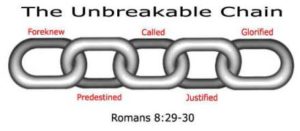
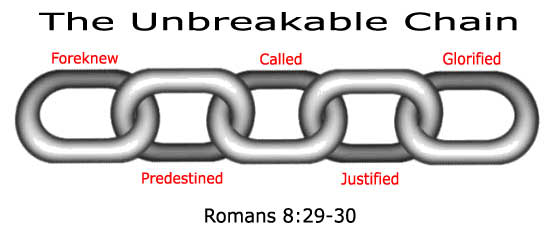
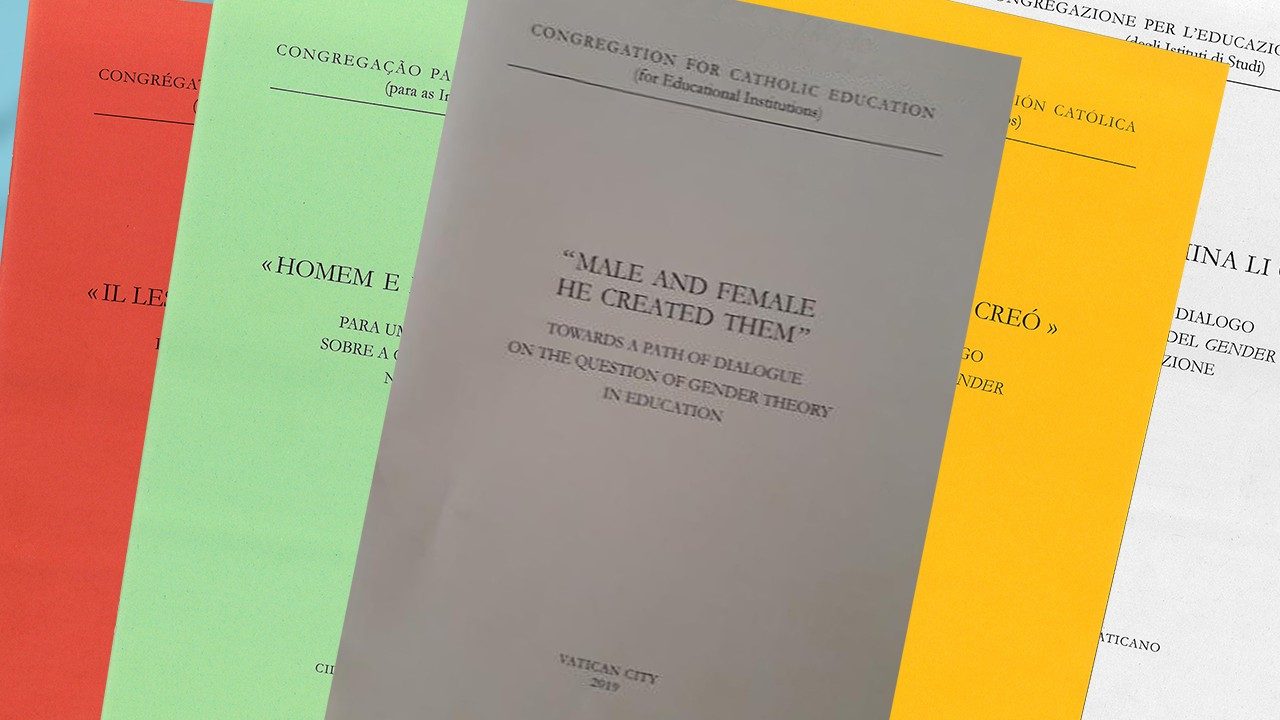
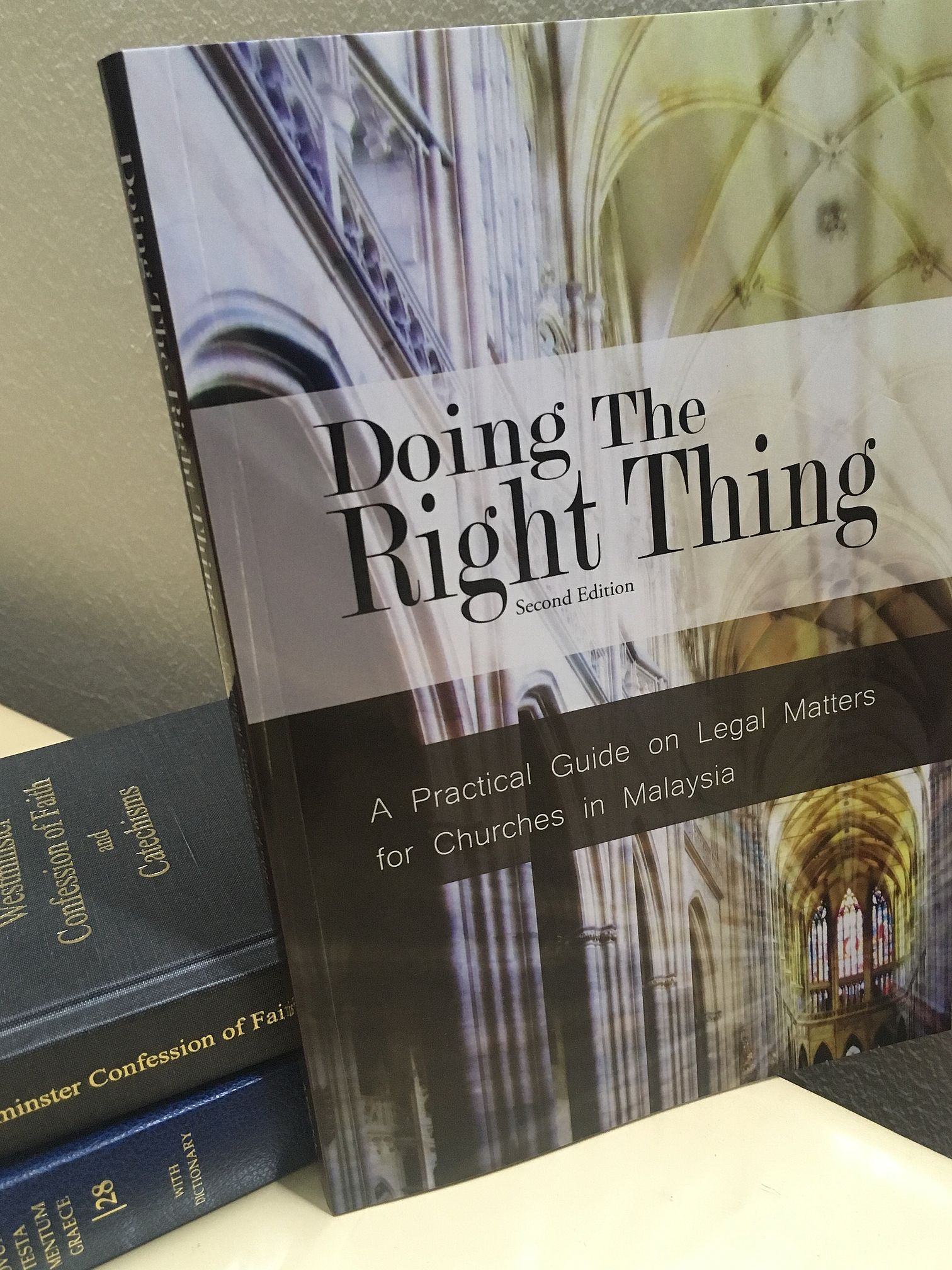 165 pages, 9” x 6” x 0.5”.
165 pages, 9” x 6” x 0.5”.